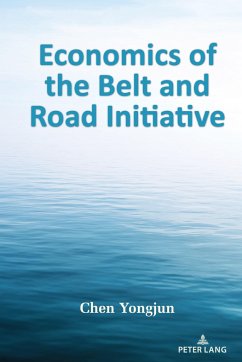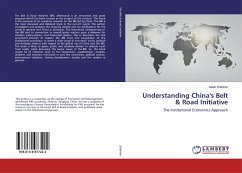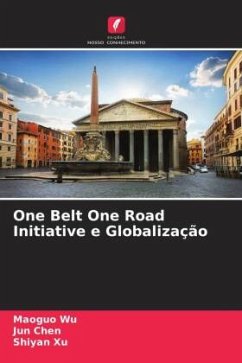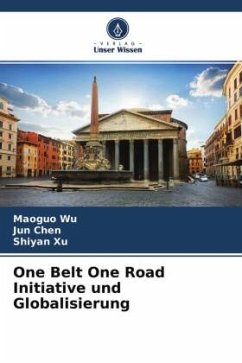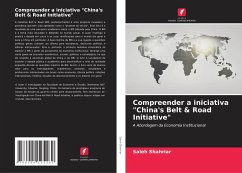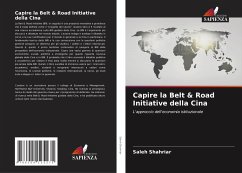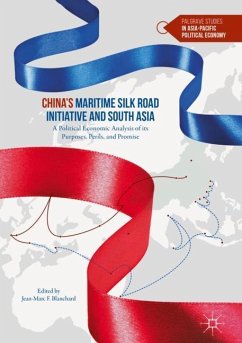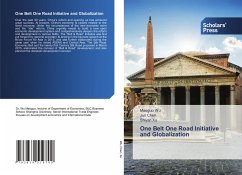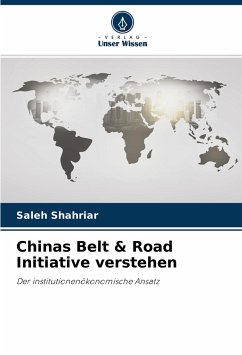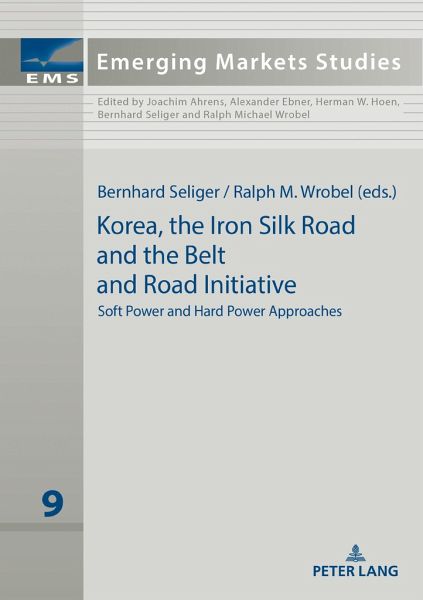
Korea, the Iron Silk Road and the Belt and Road Initiative
Soft Power and Hard Power Approaches
Herausgegeben: Wrobel, Ralph Michael; Wrobel, Ralph M.; Seliger, Bernhard
Versandkostenfrei!
Sofort lieferbar
59,40 €
inkl. MwSt.

PAYBACK Punkte
0 °P sammeln!
Korea as a "middle power" in the last decades saw a growing importance, partly through greater economic clout, partly through greater cultural and soft power ("K-pop"), and partly through collective action in institutions like G 20. However, recent instability in Northeast Asia, plus growing trade conflicts and political conflicts in the region and worldwide, endanger this position. Moreover, the tremendous rise of China in economic, geo-political and cultural terms overshadowed the Korean development. However, also here the Chinese Belt and Road Initiative seems to dominate the headlines, as ...
Korea as a "middle power" in the last decades saw a growing importance, partly through greater economic clout, partly through greater cultural and soft power ("K-pop"), and partly through collective action in institutions like G 20. However, recent instability in Northeast Asia, plus growing trade conflicts and political conflicts in the region and worldwide, endanger this position. Moreover, the tremendous rise of China in economic, geo-political and cultural terms overshadowed the Korean development. However, also here the Chinese Belt and Road Initiative seems to dominate the headlines, as well as the policy fora and practical business decisions. Therefore, this book discusses an urgent, indeed pressing topic: how can middle powers like South Korea and Germany benefit from closer economic and political linkages across the Eurasian landmass, in particular the Belt and Road Initiative dominated by China.? Should they rather jump on the bandwagon or should they follow distinct own initiatives, either in their region or inter-regionally?






